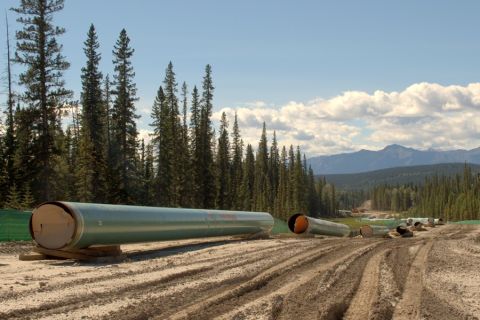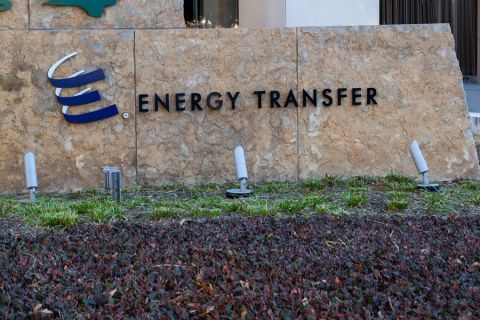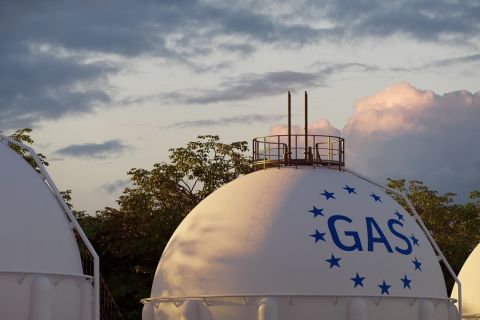HOUSTON—U.S. pipeline operator Plains All American Pipeline LP expects to begin partial service on its 670,000-barrel-per-day (bbl/d) Cactus II pipeline next week, CEO Willie Chiang said on Aug. 6.
Houston-based Plains has filled about half the crude line, which runs from the Permian Basin in West Texas to the U.S. Gulf Coast. It plans to start full operation by the first quarter of 2020, Chiang told investors on a conference call.
The Plains pipeline would be the first of three new lines beginning operations in the next few months that is expected to ease a bottleneck in West Texas that has weighed on regional oil prices.
The pipeline will be able to connect to the Corpus Christi, Texas, area, which includes extensive crude export and storage terminals, by the end of September, Chiang said.
Plains also added new investors to its proposed Wink-to-Webster pipeline, which is expected to begin operations to the Houston area in early 2021. MPLX LP, Delek US Holdings Inc and Rattler Midstream LP joined the venture alongside Plains, which will own 16%, Exxon Mobil and Lotus Midstream.
Separately, Plains on Tuesday reported sharply higher quarterly profit of 54 cents per unit, topping IBES estimates from Refinitiv by 12 cents. It attributed the earnings to improved volumes on its Permian pipelines and favorable crude pricing in the Permian and Canada.
Revenue rose to $8.2 billion, compared with $8.1 billion in the same period a year ago.
The company expects to handle an average 6.8 million barrels per day (MMbbl/d) of crude and natural gas liquids in the United States this year. It increased its 2019 expansion capital guidance to $1.5 billion from $1.35 billion.
On Friday, Plains disclosed it will tack on a fee for shippers on the Cactus II pipeline of 5 cents per barrel to pay for the cost of the Trump administration's sanctions on imported steel, which it has said would add $40 million in construction costs.
But Chiang said it would halt the surcharge and rebate the fee to shippers if an exemption request before the U.S. Department of Commerce was approved.
"We bought international, non-U.S. steel because the U.S. steel producers are not able to produce the pipe in the spec we wanted," Chiang said.
Recommended Reading
Report: Crescent Midstream Exploring $1.3B Sale
2024-04-23 - Sources say another company is considering $1.3B acquisition for Crescent Midstream’s facilities and pipelines focused on Louisiana and the Gulf of Mexico.
For Sale? Trans Mountain Pipeline Tentatively on the Market
2024-04-22 - Politics and tariffs may delay ownership transfer of the Trans Mountain Pipeline, which the Canadian government spent CA$34 billion to build.
Energy Transfer Announces Cash Distribution on Series I Units
2024-04-22 - Energy Transfer’s distribution will be payable May 15 to Series I unitholders of record by May 1.
Balticconnector Gas Pipeline Back in Operation After Damage
2024-04-22 - The Balticconnector subsea gas link between Estonia and Finland was severely damaged in October, hurting energy security and raising alarm bells in the wider region.
Wayangankar: Golden Era for US Natural Gas Storage – Version 2.0
2024-04-19 - While the current resurgence in gas storage is reminiscent of the 2000s —an era that saw ~400 Bcf of storage capacity additions — the market drivers providing the tailwinds today are drastically different from that cycle.




